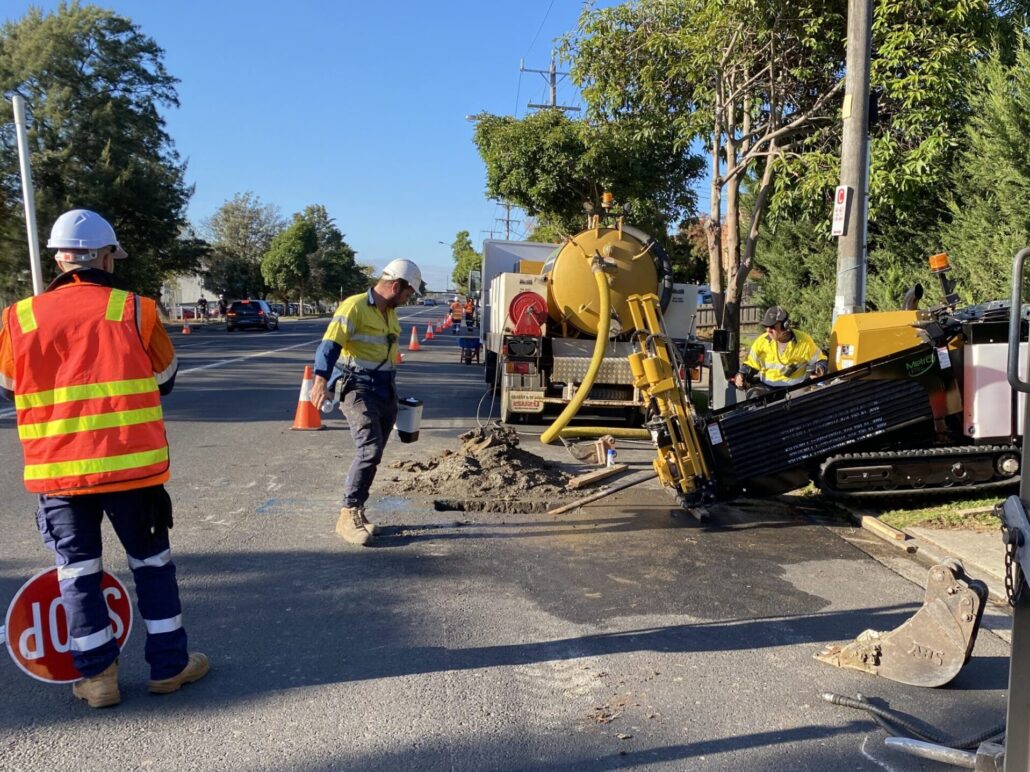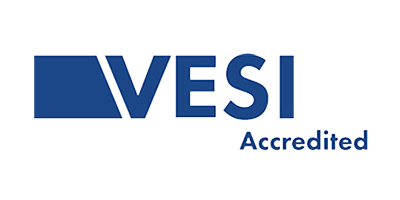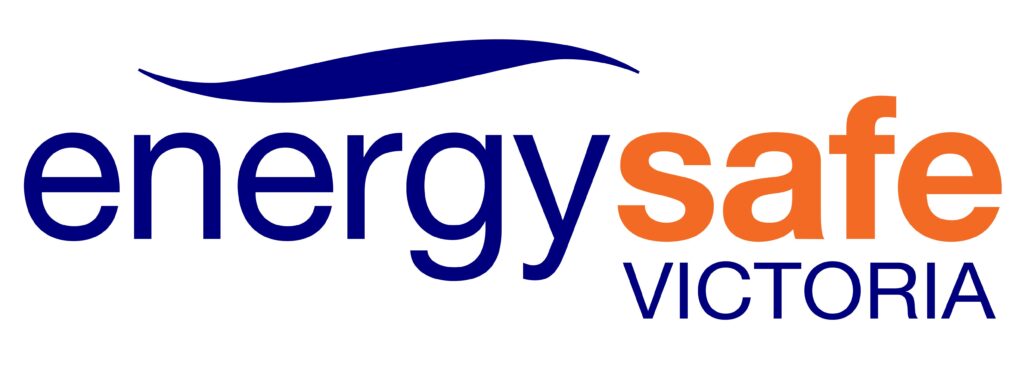


Metro Utility Worx For Your Next Victorian Electrical Network Project
The team at Metro Utility Worx have the qualifications, experience and skills to deliver your Victorian electrical network projects to the highest standards. As an accredited supplier, we provide all of the underground infrastructure, hydro excavation and connections to your civil work projects.
We are well known for completing quality work and removing stress for our customers. This is achieved with our motivated and well-focused team, utilizing our modern equipment fleet to deliver exceptional, time & quality value on projects. Our success is attributed to the diligence and attention to detail that we apply to all of our jobs.
Metro Utility Worx is the no fuss, high quality provider for the delivery of HV & LV contract work in the energy supply market. Our skills and processes enable us to consistently provide a stress free and cost-effective service for all of our customers.
How can we help you?
VEDN Civil Contracting & Pole to Pit Connections
We welcome opportunities to tender for civil contracts, having worked on many across Victoria (metropolitan and regional), for multiple energy suppliers and private contractors.
Pole to Pit constructions are managed from start to finish, including coordinating with council and government bodies.
Hydro Excavation Services
Using specialised high pressure water equipment, we provided a low risk and ecologically sound method of non destructive digging around critical or delicate installations. Suitable for digging around existing utility infrastructure, tree roots or other environmental obstacles.
You can learn more about our capability here.
VEDN Auditing Services
Founder of Metro Utility Worx, Damien Dwyer, has been a registered Auditor with VESI for 10 years. Our team are qualified professionals who work in close consultation with our customers to ensure smooth project delivery, from electrical design and compliance through to completion and electrical inspection.
“Our success is a credit to the diligence and attention to detail that we apply to all of our jobs.”
Full VESI Accreditation and Experience That Counts
Metro Utility Worx has installed underground electrical conduits throughout Melbourne. This process requires VEDN accreditation and the installation of conduits for Low Voltage (LV) and High Voltage (HV) cables, including feeds to substations.
We have worked in many areas across Melbourne inner city, suburbs and regional areas of Victoria.
We specialise in installing Electrical Conduits for the Electrical Supply Industry and have full VESI accreditation, with every team member appropriately trained and certified. We provide directional boring and hydro excavation services to complete all of the associated trenching works with the least amount of area disruption. The scale of your project will dictate the additional services we provide, as we have the capability and equipment for any scale of project.
As contractors to large scale energy company projects we have the capability to complete works with the following additional service capabilities
- Hydro Excavation
- Horizontal Boring & Directional Drilling
- Trenching and Excavation
- Underground Asset Location
- Underground mains installations
- Liaising with Councils for Road Opening Permits
- Underground Electricity Connections
- Power Supply to Your Premises
- Power Network Connection
- Electrical Spotting
- NBN Accredited
Additional Capability For Your Next Project
Metro Utility Worx is also accredited to construct substations (kiosks), to align to your new property or subdivision development. Providing a complete construction service, we provide all the infrastructure works to allow the supply authority to connect the substation.
Combining our years of experience and array of equipment, substations are constructed with the minimum of local disturbance.
Our Clients
Don’t just take our word for it






